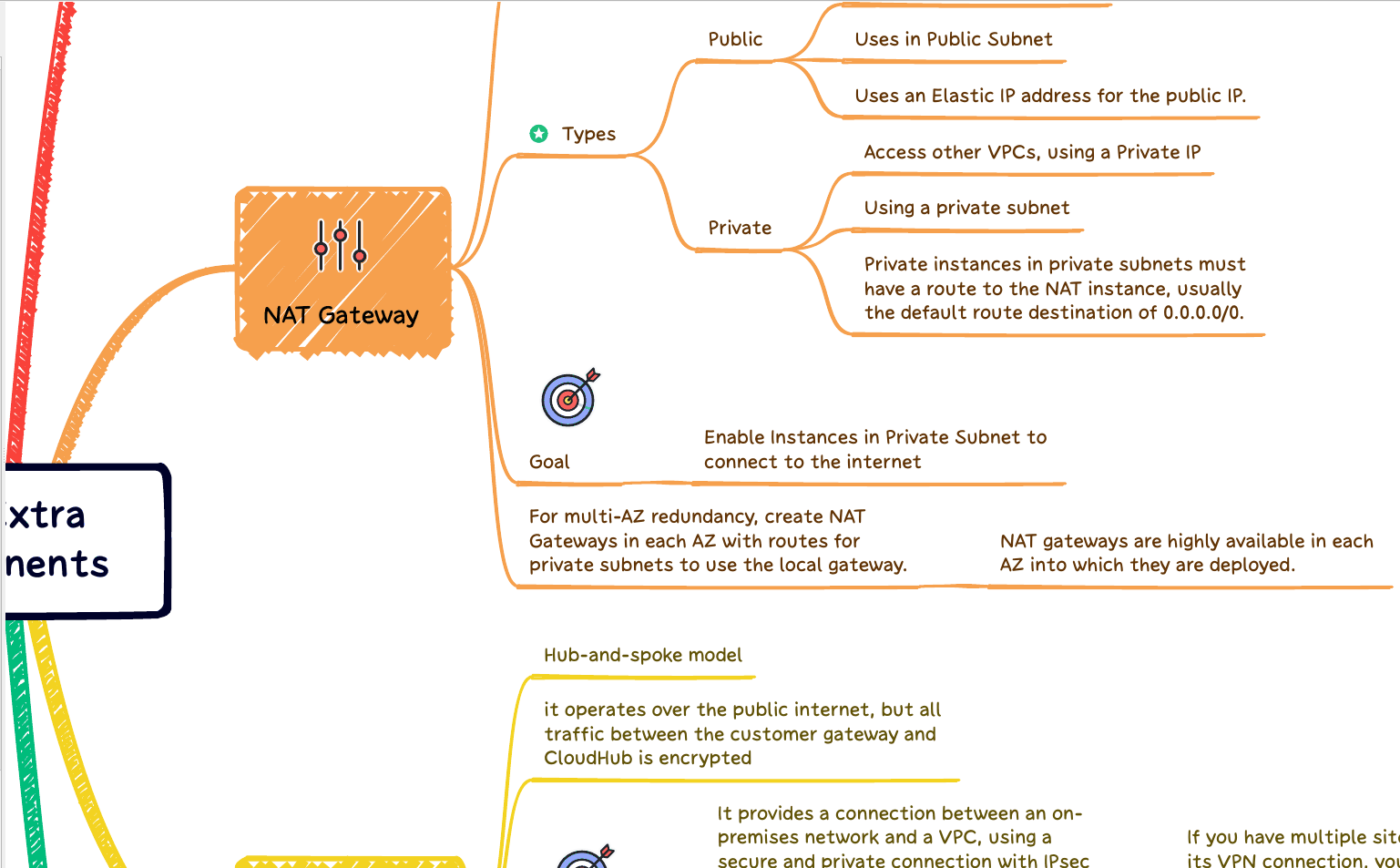Have you ever wondered how farmers are able to maximize their crop yield while minimizing their environmental impact? The answer lies in the emerging technology of precision farming. Precision farming, also known as precision agriculture, is a farming management concept that uses technology to optimize crop production and reduce waste. With the help of advanced sensors, drones, and other devices, farmers are able to gather data on soil moisture, nutrient levels, and plant health in real-time.
However, the real game-changer in precision farming is the use of artificial intelligence (AI). By analyzing vast amounts of data, AI algorithms can provide farmers with valuable insights and recommendations on how to optimize their farming practices. In this article, we’ll explore how AI is revolutionizing the world of precision farming and what it means for the future of agriculture.
Introduction to Artificial Intelligence (AI) in Agriculture
Application of artificial intelligence in agriculture used to increase crop yield, reduce costs, and optimize the use of resources. In this article, we’ll provide an introduction to AI in agriculture and how it’s being used to improve farming practices.
- AI in Agriculture
AI is a branch of computer science that enables machines to learn from data and perform tasks that would typically require human intelligence. Agriculture is a complex industry that involves numerous variables, such as soil quality, weather, and crop growth. AI can analyze these variables and provide insights that can help farmers make better decisions.
- Crop Monitoring and Prediction
AI can monitor crops by analyzing satellite imagery and other data sources. This information can be used to predict crop yield, identify potential problems, and optimize the use of resources. For example, AI can analyze soil moisture levels and provide recommendations for irrigation. This can help farmers reduce water usage and increase crop yield.
- Precision Agriculture
Precision agriculture is a farming practice that uses data to optimize crop production. AI can analyze data from sensors, drones, and other sources to provide insights that can help farmers make more informed decisions. For example, AI can analyze soil data to determine the optimal planting times for crops. This can help farmers maximize crop yield and reduce costs.
- Livestock Monitoring
AI can also be used to monitor livestock. Sensors can be attached to animals to track their movements, health, and other vital signs. This information can be used to identify potential health problems and provide early intervention. AI can also analyze data from sensors to optimize feeding times and reduce waste.
Future of AI in Agriculture
The agricultural industry is a vital part of our economy, providing food and resources to people all over the world. As we move into the future, the use of artificial intelligence (AI) in agriculture is becoming increasingly common. AI has the potential to revolutionize the way we farm, making it more efficient, sustainable, and profitable.
Precision Farming
One of the most significant benefits of AI in agriculture is precision farming. Precision farming involves using data and analytics to optimize crop yields and reduce waste. This is done by using sensors and machine learning algorithms to collect data on soil conditions, weather patterns, and crop growth. This data is then used to make informed decisions about planting, fertilizing, and harvesting.
Crop Monitoring
AI can also be used to monitor crops in real-time. By using drones equipped with high-resolution cameras and sensors, farmers can get a bird’s eye view of their fields and identify areas that need attention. This can help farmers detect pests and diseases early on and take action before they spread.
Automated Equipment
Another way AI is being used in agriculture is through the use of automated equipment. Autonomous tractors and harvesters can be programmed to operate on their own, freeing up farmers to focus on other tasks. This not only saves time but also reduces labor costs and increases efficiency.
The future of AI in agriculture is bright, with the potential to transform the industry in countless ways. By using AI to optimize crop yields, reduce waste, and increase efficiency, farmers can produce more food with fewer resources. As we continue to develop new technologies and innovations, the possibilities for AI in agriculture are endless.
Read more about kubernetes service.

